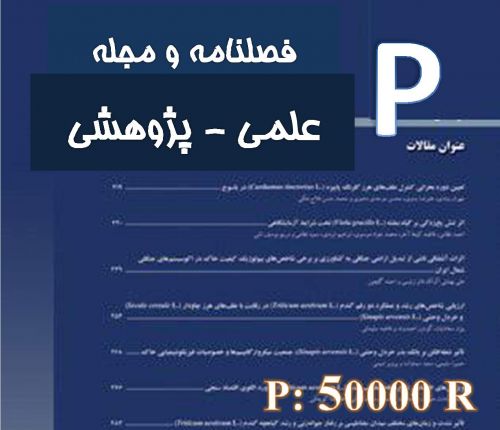Background and Objectives: Depression is the second most common disorder, which is at the top of the list of psychological disorders and is directly related with recurrence and improvement of the symptoms of chronic diseases. The current study aimed to investigate the effectiveness of dialectic behavioral therapy and cognitive behavioral therapy on depression in women with multiple sclerosis. Methods: This quasi-experimental study was conducted with two groups of experimental and control on multiple sclerosis patients referring to occupational therapy and physiotherapy clinics of Hamedan province. These patients had a lower deviation score than the standard in the mental health questionnaire. Eighteen patients in each group, were selected using criteria-based random sampling. The experimental groups were trained in 16 sessions of 1-1.5 h, and evaluated by Lovibond's Depression Anxiety and Stress Scales (1995). Data were analyzed using one-way ANOVA and Tukey post-hoc tests. Results: In this study, there were significant differences between the mean depression scores of dialectical behavior therapy and cognitive therapy groups and the control group. Also, there was a significant difference between the mean depression scores of dialectical behavior therapy and cognitive therapy (p<0.001). Conclusion: The results of the present study showed that in the area of treatment and working with depressed patients who are in crisis, pain, and emotional distress, dialectical behavioral therapy and cognitive behavioral can be efficient and promising due to its nature.
کلید واژگان :Cognitive therapy; Depression; Multiple sclerosis
ارزش ریالی : 600000 ریال
با پرداخت الکترونیک
